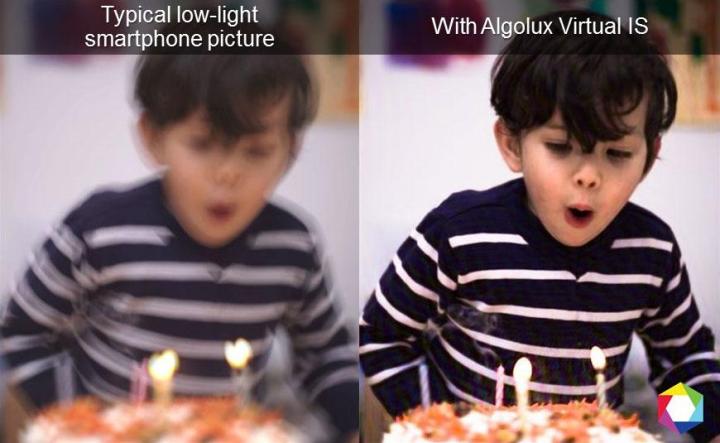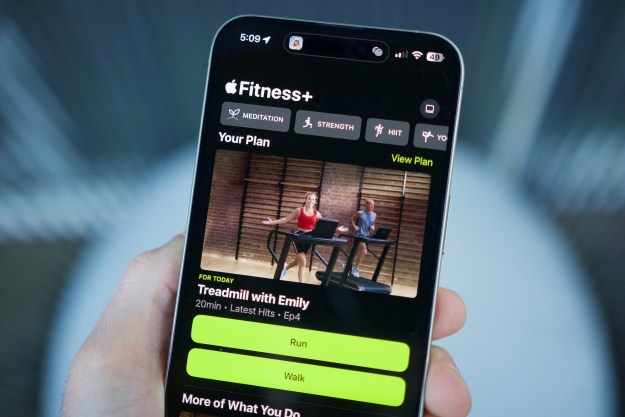
Canadian startup Algolux aims to solve these problems not so much with improved camera modules, but through sophisticated software algorithms that the company calls “computational optics.” In order to keep smartphone cameras as small as possible, Algolux wants to make the most out of the information that current devices can deliver.
One aspect of Algolux’s technology is improving sharpness and detail reproduction in smartphone pictures. This is achieved by mapping the optical shortcomings of a given smartphone’s camera module, and using that information to recover details that would be lost under normal circumstances. Sample pictures provided by Algolux show a stark increase in overall sharpness and detail.

The second feature that Algolux is working on is image stabilization, which is usually achieved by shifting either optical elements of the lens, or the sensor of the camera. Since neither can be easily achieved in a compact smartphone camera module, Algolux’s technology uses the phone’s front-facing camera and motion sensor to gather information about micro-movements that cause blurred images. This information is then used to remove any shake-induced blur from the final photograph.
The company, which has recently secured $2.6 million in funding, hopes that manufacturers will implement its technology in smartphones as early as next year. However, there are some obstacles to overcome first. For one, Apple devices don’t even support simultaneous use of the front and rear cameras yet. Secondly, Algolux’s algorithms require a lot of processing power, which could take its toll on a phone’s battery life.
However, considering how quickly technology advances, it’s entirely possible that a technology like this could find its way into smartphones very soon.
(Via Gizmodo)

